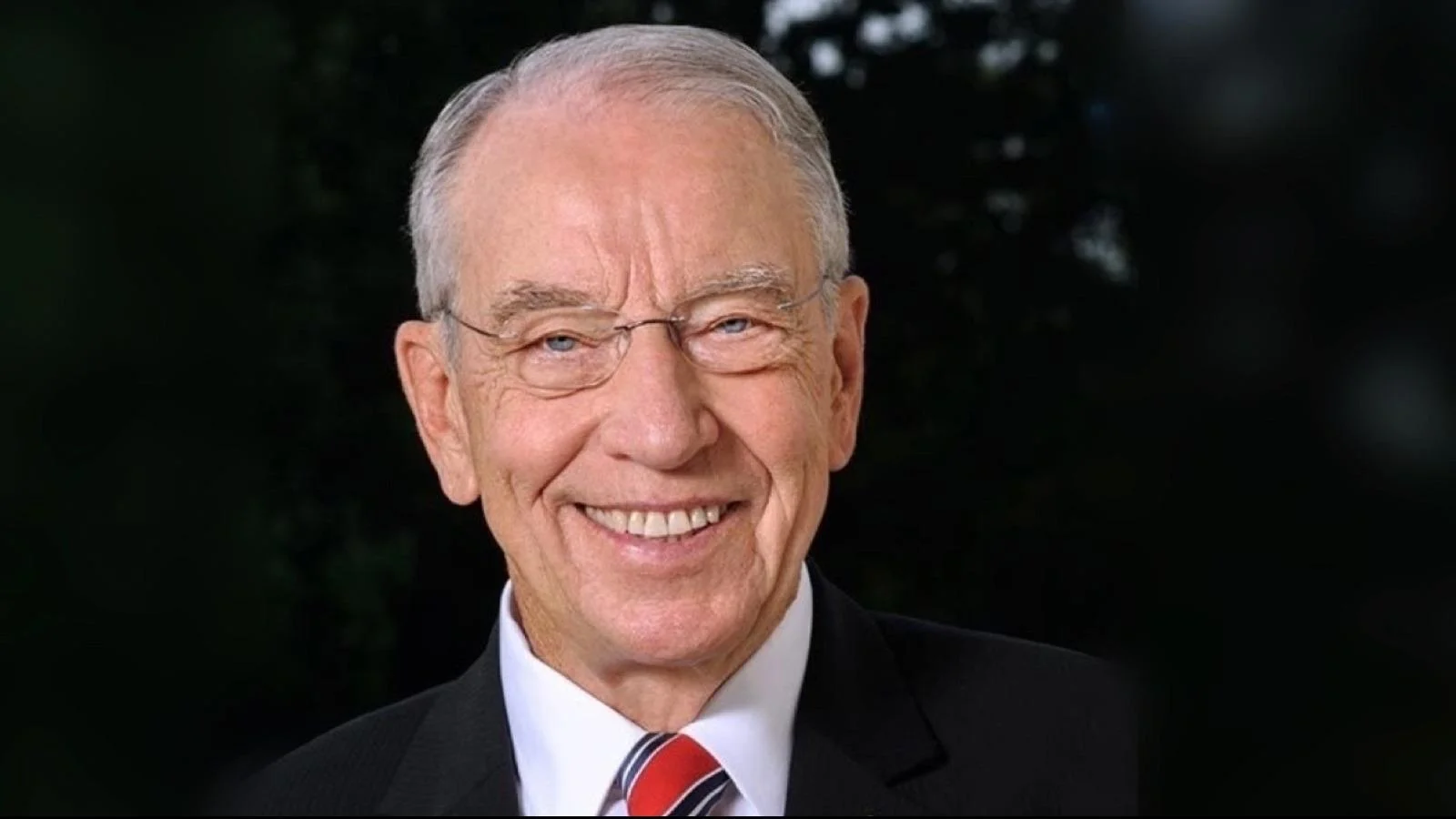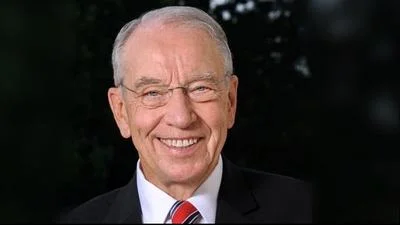Senator Chuck Grassley | Official U.S. Senate headshot
Senator Chuck Grassley | Official U.S. Senate headshot
Senators Chuck Grassley and Joni Ernst of Iowa, together with Amy Klobuchar of Minnesota, have introduced the bipartisan Ethanol for America Act. The proposed legislation seeks to improve consumer access to E15, a biofuel blend made with homegrown ethanol.
The bill would require the Environmental Protection Agency (EPA) to complete rulemaking that began in 2021. This process is aimed at making labeling for E15 fuel clearer and more user-friendly. The legislation also addresses concerns about fuel infrastructure by confirming that existing underground storage and dispensing equipment can safely handle E15, which would prevent business owners from having to make expensive upgrades.
“E15 is good, good, good: good for consumers, good for the environment and good for our national security. Today, we’re sending a strong message in support of E15, urging the administration to recognize its benefits,” Grassley said. “Much of our infrastructure for E10 can accommodate E15, and taking our requested actions would bolster our energy security, reduce costs for consumers and support rural America.”
“It’s no secret that access to E15 creates lower prices at the pump for consumers, value added to homegrown crops, stronger rural communities, and domestic energy dominance,” Ernst said. “I’m working to remove regulatory roadblocks and ensure biofuels are offered to folks filling up their cars using existing infrastructure at local gas stations across our nation. We cannot allow outdated red tape to stand in the way of unleashing the benefits of E15.”
The measure has drawn support from Senators Dick Durbin (D-Ill.), Deb Fischer (R-Neb.), and Tammy Duckworth (D-Ill.). In the House of Representatives, Adrian Smith (R-Neb.) and Nikki Budzinski (D-Ill.) are leading similar efforts.
In addition to introducing this bill, Grassley, Ernst and Klobuchar led 17 other members of Congress in urging EPA Administrator Lee Zeldin to formally recognize that current fuel infrastructure is compatible with E15. They cited research indicating that tanks designed for E10 are also suitable for E15 use.
They noted that nearly all vehicles on U.S. roads—96 percent—are approved for E15 use. According to available data on usage patterns over time, more than 160 billion miles have been driven using this fuel blend without issue.
Supporters say wider adoption could benefit both drivers—by offering savings estimated between 10 and 30 cents per gallon—and retailers by avoiding costly infrastructure changes. They also highlight potential gains for American farmers as expanded use would increase demand for domestically grown corn while supporting farm incomes through new markets.






 Alerts Sign-up
Alerts Sign-up